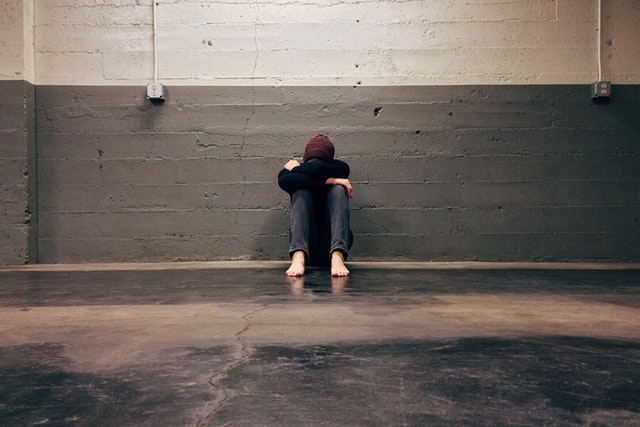Life doesn’t have to end after your relapse. When you’re struggling with drug or alcohol addiction, it’s important to recognize that there is no cure. However, that doesn’t mean that this isn’t a highly treatable condition. Returning to normal life after recovery is no easy task. Every day can feel like its own challenge, though it will get easier over time.
Returning to drugs or alcohol can often feel like a defeat. Yet, at the same time, a relapse can be just that: a small misstep. It doesn’t have to be a downward spiral back into the depths of chronic illness and addiction. Think of recovery as a journey. You might get lost along the way, but that doesn’t matter as long as you eventually make it to your destination. You’re still on that journey, and it doesn’t matter how long it takes. Here’s how to bounce back and start over after a relapse.

Step 1: Overcome the Guilt
The first step is to overcome the guilt and shame that often come along with a relapse. For you, this might mean playing the blame game. You might blame someone in your life or a specific trigger. While these things might be partly responsible, you’ll need to come to terms with the fact that you ultimately made this decision.
It’s okay to let others and yourself off the hook. Mistakes are a part of life, and they’re especially a part of recovery. You’re allowed to make mistakes, and you can learn to move on from them. There are likely negative feelings you associate with this one mistake, but don’t allow them to define your entire sobriety journey. Think of the success you’ve experienced up until this point. You don’t have to give that all up.
Step 2: Remember Your Recovery Steps
The addiction recovery steps by Transitions Recovery encourage a multi-step process to recovery. As you already know, there’s no magic solution. It takes hard work, perseverance, and a lot of mental energy to move forward on your road to recovery.
Just because you made one misstep doesn’t mean you can’t pick up right where you left off on your recovery journey. If needed, take a step back. Take whatever steps you need to reclaim your place on this road to a healthier self.

Step 3: Surround Yourself with Support
Finally, you need support now more than ever. It’s sometimes hard to confront friends and family after a relapse. You’re worried about their reaction and that they’ll think less of you. If needed, talk to a trusted counselor or doctor about the best way to approach this subject. Your family and friends should be there for you to support you during this trying time.
If you have a mental illness tied to your substance abuse disorder, make sure you’re receiving support for that as well. As many as 8.4 million adults in the United States have both mental and substance abuse disorders, so treatment for one should include treatment for both. You are entitled to the help you need.
Reclaiming Your Recovery
Your recovery doesn’t end the minute you relapse. Mistakes are a part of life, and they’re a part of your journey to recovery. You don’t need to give up all of your progress until this point. Instead, lean into your support system and look for the help you need.
As long as you’re still motivated to push forward, you haven’t failed in any way. The only failure is not to pick yourself back up and bound back. Yes, you made a mistake, but now you have the opportunity to turn it into your last one.
About The Author:
 Ashley Lipman is an award-winning writer who discovered her passion for providing creative solutions for building brands online. Since her first high school award in Creative Writing, she continues to deliver awesome content through various niches.
Ashley Lipman is an award-winning writer who discovered her passion for providing creative solutions for building brands online. Since her first high school award in Creative Writing, she continues to deliver awesome content through various niches.




![[Infographic] Navigating Life After Breast Cancer: Essential Coping Strategies Navigating Life After Breast Cancer](https://www.safeandhealthylife.com/wp-content/uploads/2024/03/Navigating-Life-After-Breast-Cancer-150x150.webp)